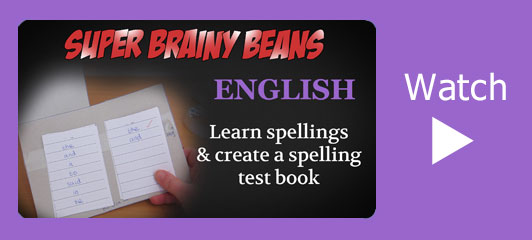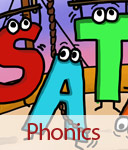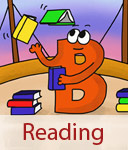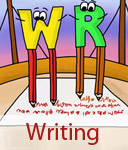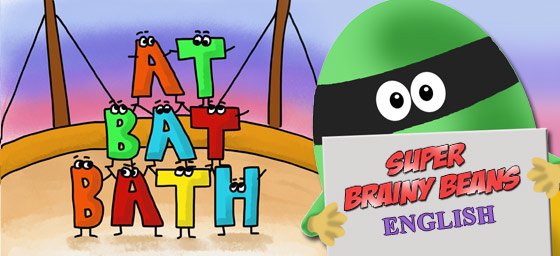
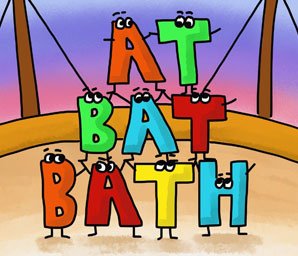
Spelling for kids
Spelling for kids learning English at primary school. EYFS, KS1 & KS2 homework help with worksheets, links, game and videos.
Pick a level
If spellings are challenging at your current year, start with those from the year below. Building strong basics is better than struggling without understanding.
Take a
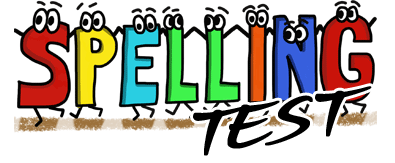
Check what your spelling level is with our online test.
Get tested on 12 words and find out what level is best for you.
Learning spellings
To remember your spellings use the look, say, cover, write, check method. Practice regularly to see improvement.

Spend four days practicing and have a test on the fifth day. Use our downloadable spelling sheets for practice.
Fill in your own words that you get wrong regularly with our blank spelling sheet.
Year 1 spelling worksheets
Year 2 spelling worksheets
Year 3 spelling worksheets
Year 4 spelling worksheets
Year 5 spelling worksheets
Year 6 spelling worksheets
Print off the sheets to make the notepads for the Spelling Test book
Spellings - Tips for parents
Support your child by using our printable worksheets. Unsure of their level? Take our spelling tests (links above) to assess their ability and find the right starting point. Start with the test appropriate to their year and the results will give advice on whether their level should be higher or lower.
What if my child is really behind on their spellings?
It is not uncommon to be lower than where they should be. But don't worry you can close this gap. Our spelling sheets work from Monday to Friday and there are fewer sheets than there are weeks in a year. So by using weekends and continuously working through the years, there is every chance of catching up.
Say your child knows half the words from a particular year but they need to fill in the gaps of the ones they don't know. Test your child first on the spellings for that week. Any words they don't know straight away without seeing them should be the ones they are tested on. Leave the others out and they will soon catch up.
Did you know?
Helping your child become confident at spelling allows them to focus on the content of their writing rather than worrying about the spelling of words.
Future exams take away a percentage of marks for poor spelling. This can make all the difference in that grades they are awarded.
Reading can improve spelling. When your child reads more often they will start to recognise words that look wrong.
It's never too late to do something about poor spellings.

